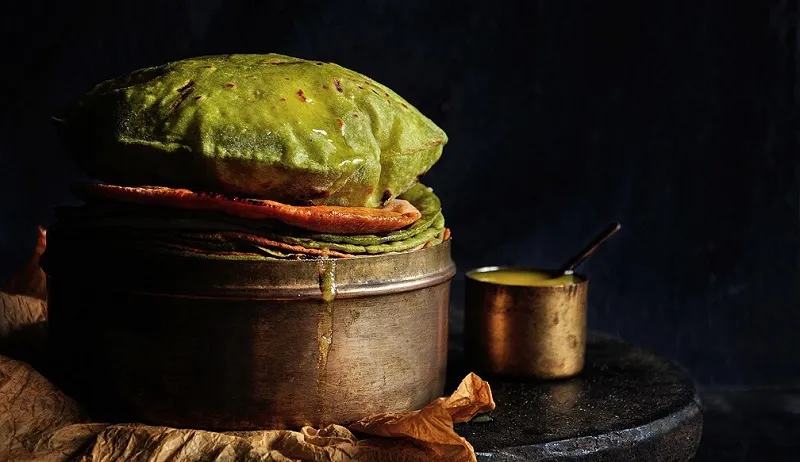Zzungry brings a royal touch to the boring home delivery food segment
While ordering food at home or the office, most of us opt for a homely meal, say rajma-chawal or roti and daal, or else turn to fast food with the typical pizza or burger options. Zzungry, a full-stack food delivery startup, aims at changing this status quo.
Zzungry’s offerings are traditional dishes, many of which have a royal heritage, combining the quality of fine dining with the ease of home delivery. Based in Bengaluru, Zzungry was founded by Subash Baliga, 43, and Sandeep Rana, 30, in September 2015 and sources traditional recipes from across the country to give their clientele a unique culinary experience at affordable prices.

When I spoke to Subash to understand the Zzungry story, the first query I had was whether premium dishes would work in the home delivery format. FreshMenu is probably the only player that has managed to make a success of this model. Subash says, “Since our menu is priced reasonably between Rs 195 to Rs 320, we are able to tap into the market that is looking for something innovative without putting a dent in their wallets. We are giving them five-star restaurant quality dishes without those exorbitant prices.”
The Zzungry team carries out a lot of research on authentic dishes from various states. Subash says, “For instance, when you mention Kashmiri food, rogan josh is the dish that comes to mind. But there are so many more lesser known delicacies from the state like our Kofta-e-Gulmarg, which is stuffed with dry fruits and Kashmiri apple.”

The Zzungry menu already features Indian delicacies from 12 states that include Bihar, Kerala, Kashmir, Maharashtra, Madhya Pradesh, and West Bengal. Co-founder Sandeep says, “At Zzungry, each dish is prepared using best quality ingredients, vegetables, and meats to ensure that that the aromas, flavours, and the richness of royal cuisine remain intact. Our dishes are more than just a delicious meal — they are experiences in themselves.” The menu changes every week and includes a small but mouth-watering selection of starters, main course, and desserts.
The operational model
Zzungry operates through a hub-and-spoke delivery model with four kitchens in Indiranagar, BTM, HSR, and Marathahalli, which allows them to cater to most areas in central and south Bengaluru. They are currently processing around 150 orders a day and have had a 300 percent increase in orders between January and October 2016. They have tied up with Runnr as well as Swiggy for the delivery side of the business.

Subash wants to go a step beyond the food delivery model and has expanded to brick and mortar outlets in several corporate offices. The team is also exploring avenues like malls and tech parks to reach out to a larger consumer base.
The founding team
The love for good Indian food brought the Zzungry team together. Subash had 14 years of experience in the IT field but his passion for good food motivated him to start a food venture without any background in the field. As a foodie, he had always felt a gap between affordability and the availability of rich sumptuous Indian food for the masses. However, Sandeep has prior experience in the hospitality industry and manages the processes and functions across all operational kitchens. Subash and Sandeep met at an event where they were introduced by a common friend and found that they had similar aspirations of merging food and technology. Zzungry has a core team of five, with the total team strength standing at 30.
Funding
Zzungry had secured seed funding from a group of individual Silicon Valley-based investors, including Satish Vasudeva and Madhusudhan Jujare. The team is looking at a multi-city format with the next round of fund raise and plan to expand to Gurgaon, Pune, Chennai, and Hyderabad.
In the foodtech segment, Swiggy, FoodPanda, FreshMenu, and Zomato continue to be the leading players. In the recent past, foodtech players like Dazo, TinyOwl (merged with RoadRunnr), and SpoonJoy had shut down, making the need for better revenue and business models in this segment self-evident.
Subash signs off with,
Yes, it is a tough and competitive sector. What is important is food should be right. Also, scaling should happen organically and not be solely dependent on funding. If the customer is happy and keeps coming back for more, you will do well.







